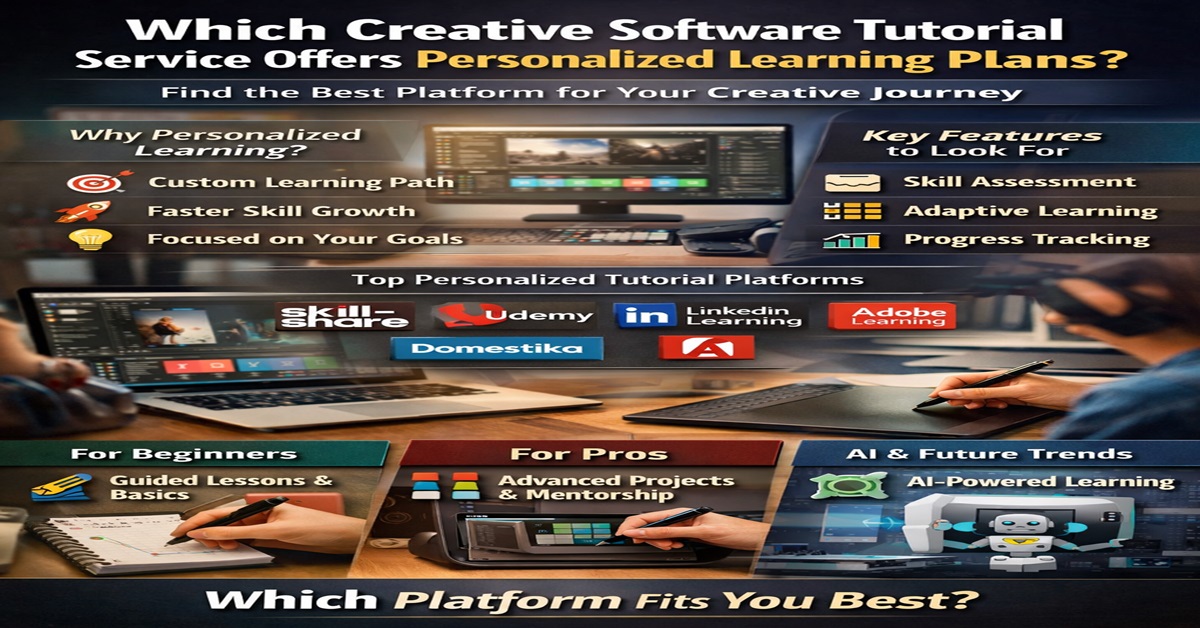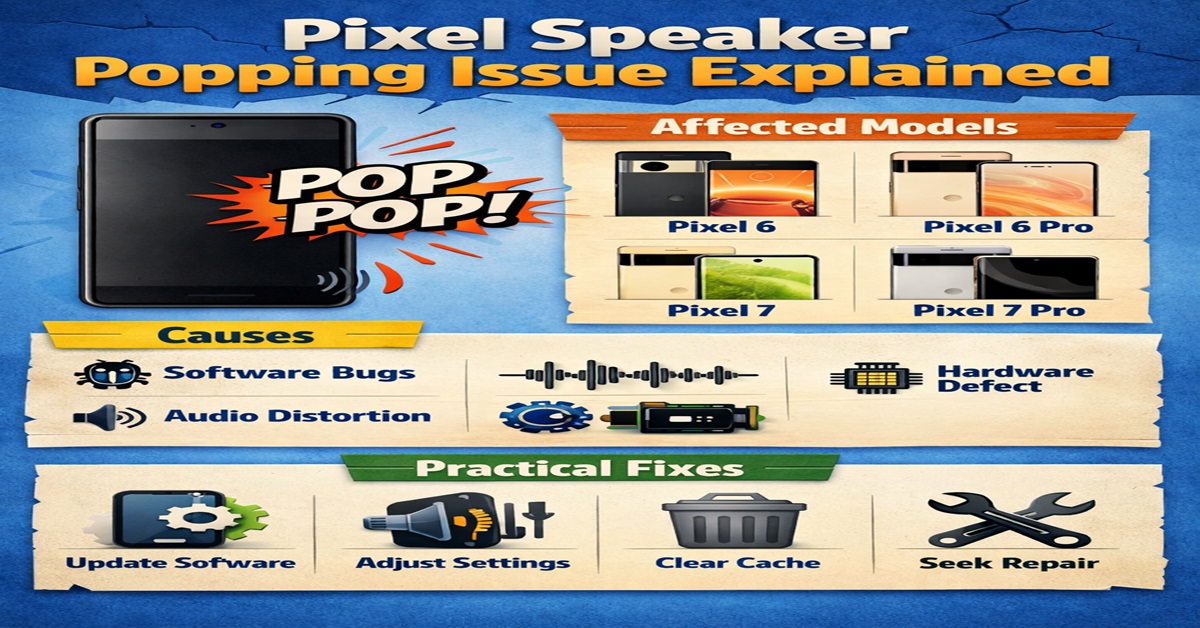Artificial Intelligence (AI Tech) is no longer a futuristic fantasy — it is the driving force behind today’s technological revolution. From healthcare and finance to entertainment and logistics, AI is transforming industries at an unprecedented pace. As we step into 2025, the scope and influence of AI have expanded beyond automation, evolving into an indispensable tool for decision-making, creativity, and real-time personalization.
Revolutionizing Industries with AI Tech
Healthcare: Predictive Intelligence Meets Personalized Care
AI tech is fundamentally reshaping healthcare systems worldwide. With advanced machine learning algorithms, medical professionals are now able to detect diseases like cancer, Alzheimer’s, and heart conditions early and accurately.
- AI-driven diagnostics like IBM Watson Health and PathAI can analyze thousands of patient records in seconds, offering insights previously unattainable through traditional methods.
- Wearable AI devices now monitor vital signs 24/7, sending real-time alerts and recommendations to users and medical staff.
- Robotic surgery systems powered by AI assist surgeons with unmatched precision, reducing errors and improving recovery times.
This is not just progress — it’s lifesaving innovation.
Finance: Smart Algorithms and Autonomous Trading
In the financial world, AI has become a strategic asset. Banks, fintech startups, and trading firms are leveraging predictive analytics to streamline operations and forecast market trends.
- AI-powered chatbots and virtual assistants now handle customer service, fraud detection, and loan approvals.
- Algorithmic trading platforms analyze millions of data points in milliseconds to make high-frequency trades with minimal human intervention.
- Risk assessment models built on AI help institutions reduce defaults and improve credit scoring accuracy.
In 2025, AI is not just about automation—it’s about empowering financial intelligence.
The Evolution of AI Language Models
The rapid development of Large Language Models (LLMs) such as GPT-4, Claude, and Gemini has revolutionized communication between humans and machines. These models now:
- Understand natural language with near-human fluency
- Generate creative content like blogs, stories, scripts, and code
- Translate and transcreate content across multiple languages
- Power AI writing assistants, customer service bots, and automated journalism
With open-source alternatives like Mistral and Sarvam AI, businesses now have access to customizable, cost-effective AI systems that match enterprise-grade performance.
AI in Retail and E-Commerce
Hyper-Personalized Shopping Experiences
Retailers are capitalizing on AI tech to offer bespoke customer journeys.
- Recommendation engines use browsing and purchase history to predict what customers want — before they even ask.
- AI-powered visual search lets shoppers find items using photos or screenshots, eliminating keyword dependency.
- Virtual try-ons and AI stylists provide personalized product recommendations using augmented reality and body-mapping.
These innovations are increasing conversion rates, reducing return rates, and building stronger brand loyalty.
AI in Creative Industries
Music, Film, and Art: Machines Meet Human Imagination
AI is redefining creativity itself. Tools like Sora by OpenAI, Runway, and Midjourney are allowing creators to push the boundaries of visual storytelling and audio production.
- AI-generated music compositions are being used in commercials, games, and movies.
- Generative video can turn simple text prompts into full-length animations or cinematic scenes.
- AI design platforms produce logos, marketing material, and 3D models with unmatched speed and flexibility.
This synergy between machine learning and human imagination is revolutionizing content creation.
The Rise of Autonomous Systems
Self-Driving Cars and Smart Infrastructure
AI is at the core of smart mobility solutions and urban planning.
- Self-driving vehicles from Tesla, Waymo, and Cruise are leveraging AI to make real-time driving decisions, reducing accidents and increasing fuel efficiency.
- Traffic management systems in smart cities use AI to optimize routes, reduce congestion, and lower emissions.
- Autonomous drones and delivery bots are transforming last-mile logistics with cost-efficiency and precision.
The fusion of AI and IoT (Internet of Things) is giving rise to cities that think, learn, and evolve.
Security and Surveillance Enhanced by AI
AI is redefining how we approach safety and surveillance.
- Facial recognition systems, while controversial, are now capable of identifying individuals in massive crowds with over 95% accuracy.
- Predictive policing tools assess crime data to anticipate high-risk zones, enabling better allocation of resources.
- AI-driven cybersecurity tools monitor millions of endpoints simultaneously, detecting anomalies before they become breaches.
Security in 2025 is no longer reactive — it is proactive, intelligent, and predictive.
Ethics, Bias, and Responsible AI
Mitigating Bias and Ensuring Accountability
As AI tech continues to grow, so do concerns around ethical use, bias, and data privacy.
- AI systems must be trained on diverse datasets to avoid replicating human prejudice.
- Explainable AI (XAI) is a growing field focused on making AI decisions transparent and justifiable.
- Governments and corporations are implementing AI governance frameworks to ensure ethical compliance.
Responsible AI development ensures that progress remains equitable and inclusive.
AI-Powered Education: Personalized Learning at Scale
AI is changing the way we learn and teach.
- Adaptive learning platforms adjust coursework in real-time based on student performance and engagement.
- AI tutors offer 24/7 homework help, explanations, and test prep.
- Automated grading systems free up educators’ time while providing consistent feedback.
With AI, education becomes more accessible, personalized, and effective than ever before.
The Road Ahead: What’s Next for AI Tech?
Looking ahead, the possibilities are boundless:
- Neural interfaces will connect AI directly to the human brain, redefining how we interact with machines.
- AI democratisation will ensure startups and individuals can leverage AI power without massive infrastructure.
- Quantum AI promises to unlock computational abilities never before imagined, solving problems that classical computers can’t.
The age of AI is not coming — it is already here.
Conclusion: Embracing the AI-First Future
As we progress deeper into this transformative decade, AI tech stands as the cornerstone of innovation. It empowers, protects, educates, entertains, and evolves with us. Embracing AI is not just a strategic advantage — it’s a necessity for survival and growth in an increasingly digital world.
Let us not resist change but lead it — with ethics, creativity, and relentless curiosity. The future belongs to those who harness the full potential of artificial intelligence.








